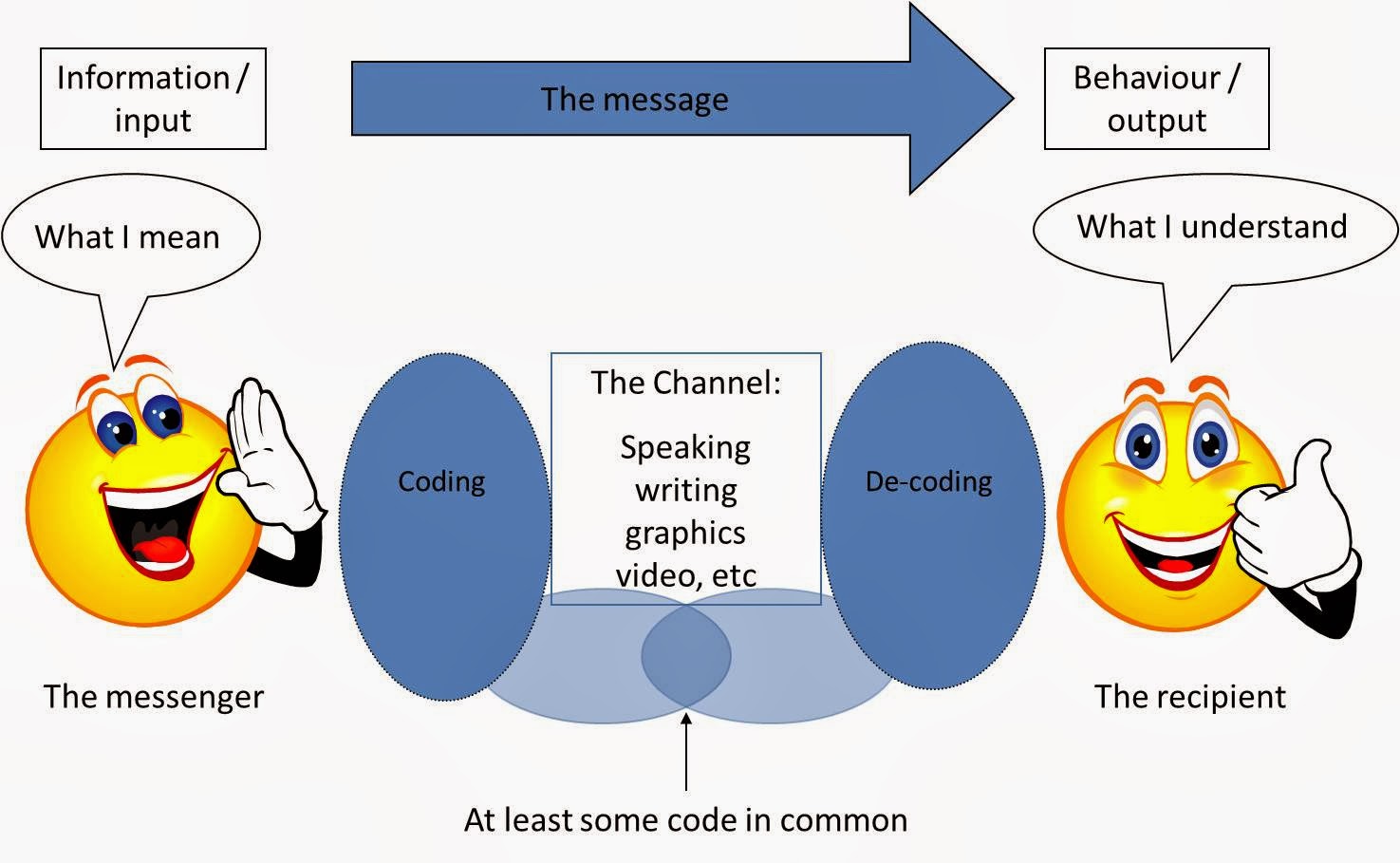Grammar: To Teach or Not to Teach
Reasons for Teaching Grammar
Founda
tion of Language Proficiency: Grammar is the backbone of language. It enables learners to structure their thoughts into coherent sentences. Understanding the concept of tense helps learners accurately talk about past, present, and future events, which is fundamental for basic communication.Improves Writing Skills: Good grammar is essential for clear, concise, and compelling writing. For instance, mastering the use of different clauses (independent and dependent) can help a learner construct complex sentences that convey more nuanced ideas, enhancing the quality of written communication.
Enhances Reading Comprehension: A solid understanding of grammatical structures can make reading more manageable and enjoyable, as it helps in parsing complex sentences. Knowing how relative clauses function, for example, aids in understanding which parts of a sentence provide additional information about a subject or object.
Facilitates Second Language Acquisition: Explicit grammar instruction can benefit aspects of a language that are markedly different from a learner's first language. For example, a native English speaker learning Spanish might benefit from explicit instruction on gendered nouns, a feature not present in English.
Boosts Confidence: Grammar knowledge can empower learners, making them more confident in language use. This confidence can increase participation and willingness to communicate, improving language proficiency.
Aids Standardized Test Preparation: Many exams, such as the TOEFL and IELTS, include sections that test grammatical knowledge. Understanding grammar can directly impact a learner's ability to succeed in these tests, which are gateways to academic and professional opportunities.
Supports Language Variation Understanding: Teaching grammar can help learners understand and appreciate the diversity within a language, including dialectal differences and the use of formal vs. informal registers. This knowledge is crucial for effective communication in various social contexts.
Enriches Language Appreciation: An in-depth understanding of grammatical intricacies can lead to a deeper appreciation of a language's beauty and complexity. Poetry and literature often play with grammatical norms to create specific effects or convey deeper meanings.
Improves Communication Efficiency: Effective communication often hinges on the speaker's ability to express ideas clearly and succinctly. Grammar knowledge facilitates this by helping learners choose the correct word forms and sentence structures to convey their messages accurately.
Promotes Lifelong Learning: A foundational understanding of grammar sets the stage for lifelong language learning. It allows learners to more easily adapt to new linguistic trends and styles, as they have a solid base to build upon.
Reasons Against Teaching Grammar
Can Discourage Communication: The fear of making grammatical mistakes can inhibit learners from speaking or writing, reducing their opportunities for practice and real-life language use. This fear can be particularly paralyzing for beginners who are conscious of their language skills.
May Not Reflect Real Language Use: Languages used in everyday situations often deviate from the strict rules taught in grammar classes. For instance, colloquial speech frequently includes slang and contractions that might be considered "incorrect" in a formal grammatical sense.
Risk of Overgeneralization: Learners may apply rules too broadly, leading to errors. For example, adding an "s" to make nouns plural works in many cases in English (e.g., "cat" to "cats"), but not always (e.g., "child" to "children"). Overgeneralization can result in incorrect forms being used.
Time and Resource Intensive: Grammar instruction can take up significant learning time and resources that could otherwise be used for practising speaking, listening, and cultural immersion.
Learner Frustration and Anxiety: The complexity of grammar rules can overwhelm learners, leading to frustration or anxiety. This negative emotional response can demotivate learners and hinder their progress.
Natural Language Acquisition Argument: Many linguists argue that language is best learned through immersion and natural exposure, similar to how children learn their first language rather than through explicit instruction on grammatical rules.
May Not Suit All Learning Styles: Not all learners thrive under traditional grammar instruction. Some may find it tedious or difficult to understand abstract rules without practical context or prefer more interactive learning methods.
Can Lead to Misapplication of Rules: Without a nuanced understanding of context and usage, learners might inappropriately apply grammatical rules, leading to stilted or unnatural language use. For example, using formal structures in casual conversations can create awkward social interactions.
Inhibits Creativity: A strict focus on grammatical correctness can stifle linguistic creativity and the ability to experiment with language, an essential aspect of becoming a fluent speaker and a creative writer.
Language Evolution: Language constantly evolves, and strict adherence to grammatical rules may need to catch up with contemporary usage and emerging expressions. Consequently, learners may be adhering to outdated norms.
In conclusion, the debate over grammar instruction concerns more than whether grammar is essential and how it should be integrated into language learning and teaching. A balanced approach, tailored to the learners' needs and goals, often proves to be the most effective strategy.



Comments
Post a Comment